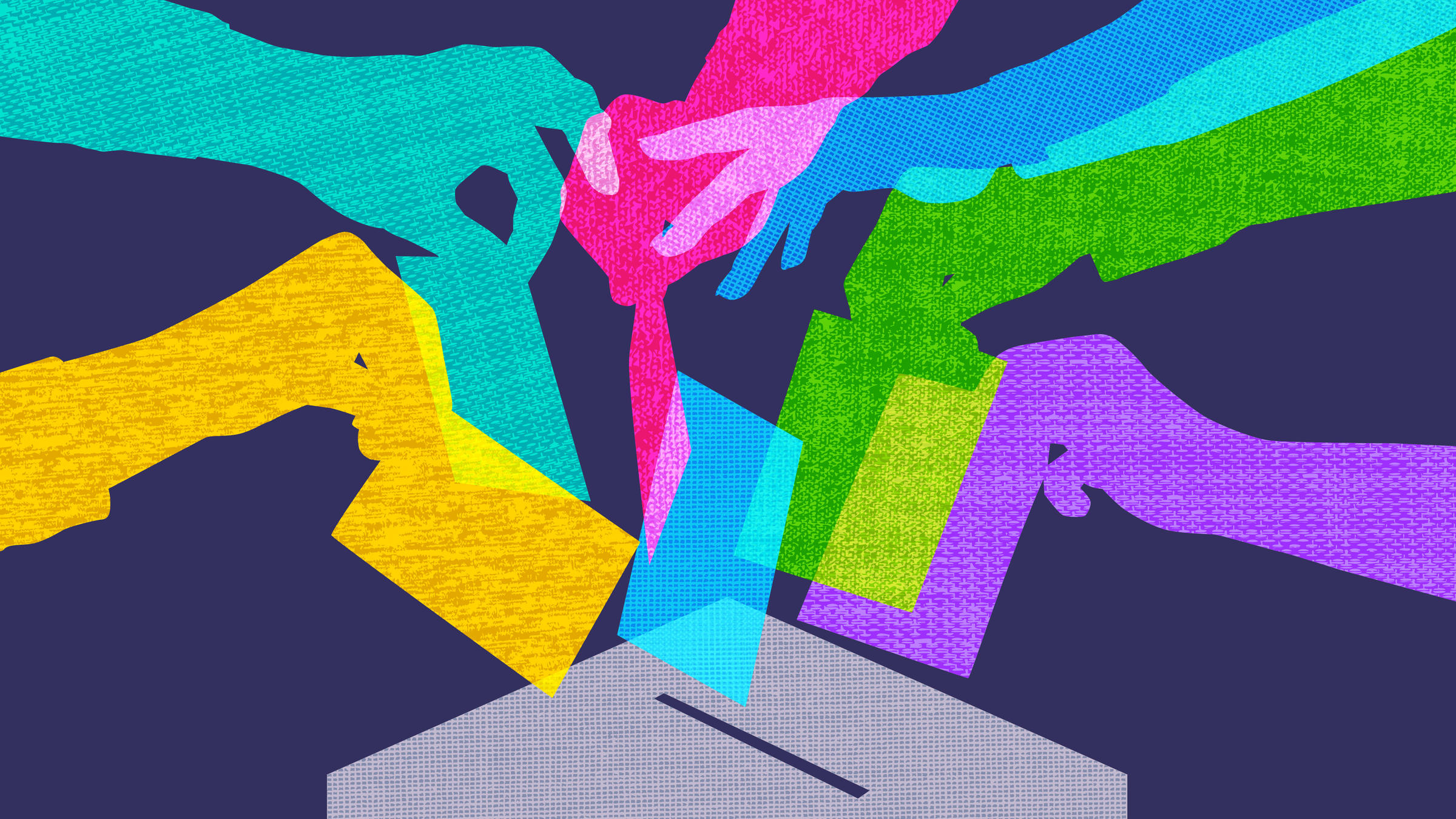
This article outlines various political factors that result in electoral processes being rendered empty rituals from the perspective of the youth in South Africa.Īcross the world, the actual casting of votes on polling day is considered one of the most effective ways to engage citizens in political and electoral processes. Under these circumstances, the electorate’s disenchantment with political processes becomes a threat to democracy. However, if the process of participation is skewed and twisted to benefit only a select group, then participation becomes an empty ritual. The implication here is that citizen engagement through voting processes gives the electorate the ability and power to decide who gets to govern. In addition to the electorate seeing themselves as crucial partners in the building of progressive society, in a vibrant democracy the electorate usually has power to control the behaviour of those they elect. The ability of the electorate to participate in electoral processes therefore ideally becomes an essential process that ensures a vibrant democracy. In this article, we consider voting as a participative process that gives citizens the power to influence political decisions. Empty ritual describes situations where citizen participation is skewed in favour of certain constituents.
#Apathetic electorate democracy 3 full#
Citizen power implies that the citizenry is given full and adequate support to participate in democratic processes, including electing public officials. These are citizen participation as citizen power and empty ritual. (WARRENSKI)Īrnstein highlights two important aspects that are essential in our analysis of the electoral process in South Africa. There was a significant increase in the number of new political party formations that contested the May 2019 election in South Africa. In other words, a vibrant democracy requires that all social groups have a voice in how they wish to be governed, while institutions tasked with the exercise of this civic duty must provide spaces that allow for full and effective participation.

The theory holds that representation and participation of all groups in society is key and fundamental to the existence of a vibrant democracy. Theoretical FrameworkĪrnstein 2 advanced the Ladder of Citizen Participation (LCP) theory to reflect on the marginalisation of the voices of minority groups in the United States (US), and how the marginalisation of these voices affected the quality and vibrancy of democracy in the US. 1 The article provides an analysis on what the electoral process and voting specifically means to South African youth. This article reports on the findings of a socio-anthropological research study on society, politics and electoral processes in South Africa, conducted as part of an international research project titled Re-examining Elections after African Experiences. In spite of the growth in the number of political parties, the question that has not generated sufficient debate in either political and policy circles is the role of the youth in South Africa’s democracy, and in electoral processes in particular.

This search for political alternatives is evidenced by a significant increase in the number of new political parties that have formed since 1994 – over 40 political parties contested the May 2019 election in various parts of the country. These challenges have resulted in renewed calls for political alternatives.

These and other questions have arisen due to the country’s socio-economic challenges such as increasing youth unemployment, massive public-private sector corruption and deep-seated inequality. Twenty-five years later, questions are being asked about whether the ruling party has delivered on its electoral promises since its victory in the April 1994 election. This election was South Africa’s sixth since the country held its first democratic election in 1994.

On, South Africans went to the polls to elect a government of their choice.


 0 kommentar(er)
0 kommentar(er)
